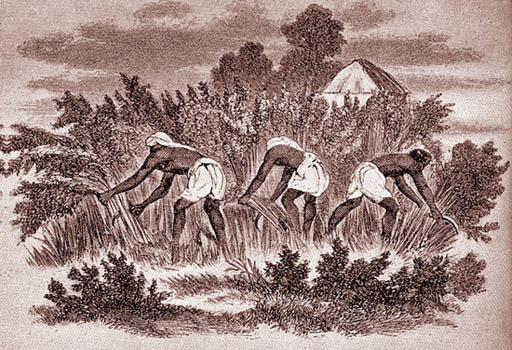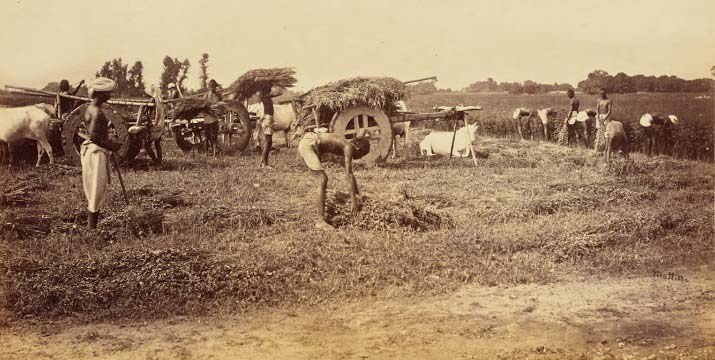Gandhi Journal Article-II (May 2016)
Gandhi's Champaran Mission : Its Context and Implications
When GANDHI WAS in Santiniketan after returning from South Africa in 1915, at the enquiry of C.F. Andrews about whether there was any possibility for him to start satyagraha in India, Gandhi replied that such a possibility would not arise for another five years. Little did he think at that time that his first encounter with the British authorities in India would come within two years in Champaran in Bihar. The situation in Champaran was not a creation of Gandhi but his mission there initiated a process that shaped the destiny of the nation and the destiny of his own.
The encounter came in the form of passive resistance. Passive resistance of Gandhi came out of his concept of authority. To him, force was the basis of the state authority. The authority based on force could not have moral sanction. In this matter the positions of Thoreau and Gandhi were identical. Thoreau said: "The authority of Government... is still an impure one: to be strictly just, it must have the sanction and consent of the governed."1 Both Thoreau and Gandhi believed in the moral authority which stood above the legal authority. The man-made laws were not necessarily binding on the people. Gandhi said: "So long as the superstition that man should obey unjust laws exists, so long will their slavery exist."2 Thoreau wrote: "Unjust laws exist: shall we be content to obey them, or shall we endeavour to amend them, and obey them until we have succeeded, or shall we transgress them at once?"3 As a philosophical anarchist, Gandhi thought that moral authority came from the people because it was the people who resisted the immoral authority. But the people were inordinate force. So, finally, he wanted to be much more definite and felt the need of building the Congress as an active moral body which will act as an effective Countervailing force on the British government.
READ FULL ARTICLE

